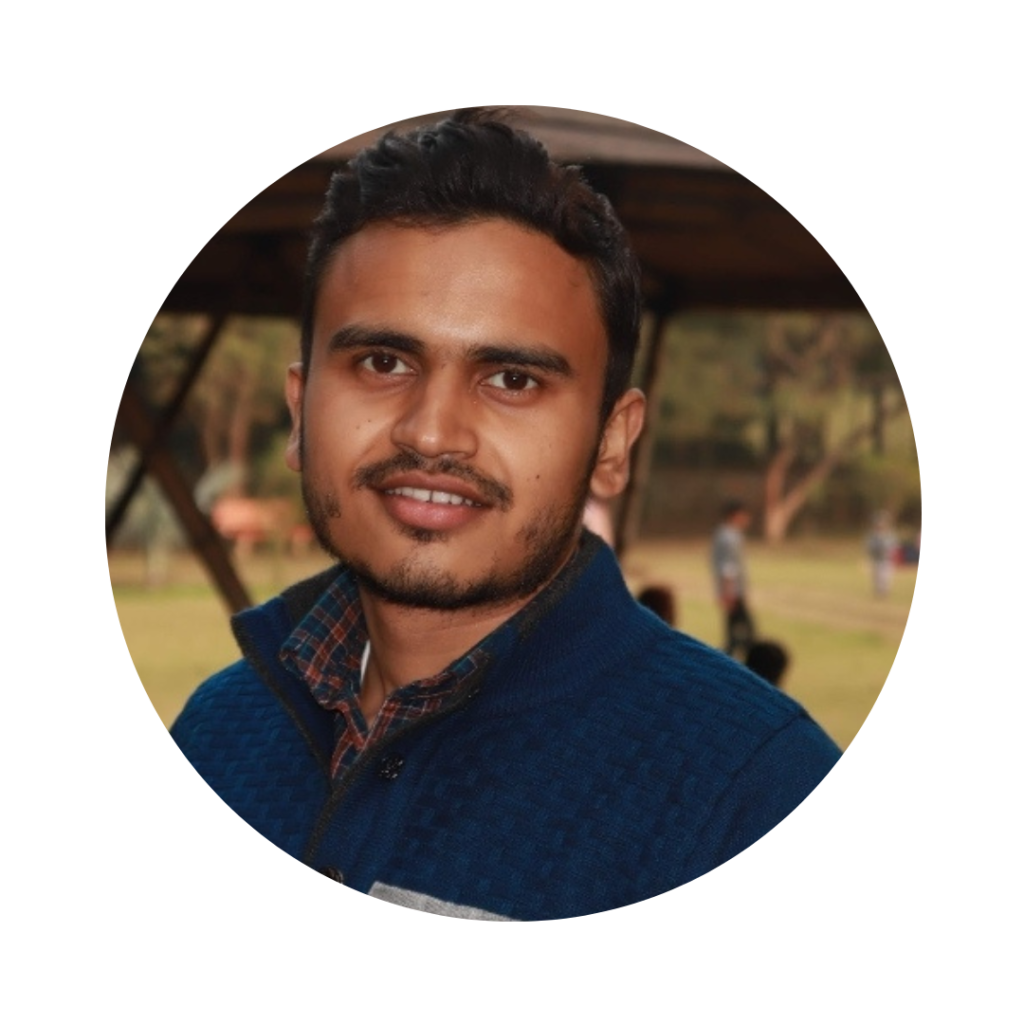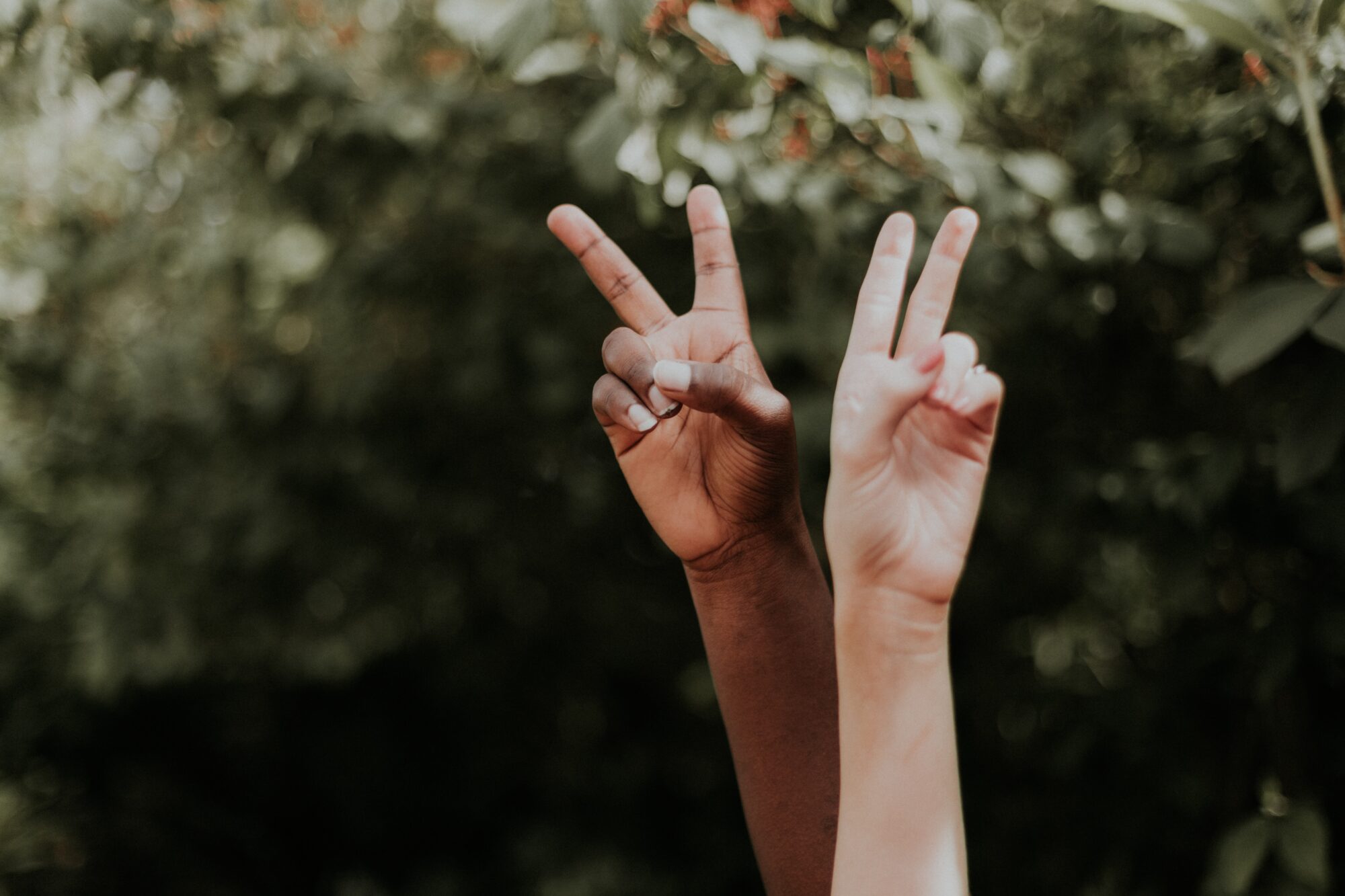Breaking the Chains of Ableism: Embracing Empathy and Igniting Inclusivity
Ableism, the entrenched discrimination against individuals with disabilities, poses a formidable barrier to achieving an equitable and inclusive society. Rooted in ignorance and prejudice, ableism perpetuates harmful beliefs that marginalize and disempower individuals with disabilities. In this blog post, we delve into the complex web of ableism, emphasize the urgent need to dismantle its pervasive influence, and offer actionable steps to cultivate empathy and foster inclusivity.
Recognizing the Many Faces of Ableism: Ableism manifests in multifarious forms, with some expressions being subtle yet insidious. Common manifestations include:
- Implicit Bias: Unconscious attitudes or stereotypes about individuals with disabilities that inform our decisions and behavior, often leading to inadvertent discrimination.
- Othering: Treating individuals with disabilities as fundamentally different or inferior, leading to social isolation and a sense of exclusion.
- Invisibility: Ignoring or overlooking the presence and contributions of individuals with disabilities in media, literature, and other cultural domains, perpetuating their marginalization.
- Ingrained Stigmatization: Encouraging shame and self-blame in individuals with disabilities by perpetuating harmful beliefs about their inherent worth and abilities.
Catalyzing Change and Tackling Ableism: To combat ableism and pave the way for a more inclusive society, we must adopt a proactive and multifaceted approach:
- Unlearn and Relearn: Consciously challenge our own assumptions and biases about individuals with disabilities. Delve into the rich tapestry of disability experiences and gain a deeper understanding of the intersectionality of disability with other identities.
- Normalize Difference: Embrace the full spectrum of human diversity and celebrate the unique strengths and abilities of each individual, regardless of their disability.
- Foster Inclusive Storytelling: Encourage the portrayal of diverse disability experiences in media, art, and literature, breaking the cycle of invisibility and promoting positive representation.
- Advocate for Intersectional Accessibility: Champion accessibility that considers not only physical barriers but also cultural, linguistic, and social obstacles faced by individuals with disabilities.
Nurturing Empathy and Enkindling Inclusivity: To kindle the flames of empathy and inclusivity, consider these guiding principles:
- Exercise Active Listening: Engage wholeheartedly with the narratives of individuals with disabilities, absorbing their wisdom and acknowledging the unique challenges they face.
- Compassion over Pity: Replace pity with genuine compassion, recognizing the resilience and fortitude of individuals with disabilities while avoiding a victim-centered mindset.
- Honor Lived Experiences: Affirm and validate the emotions and experiences of individuals with disabilities, offering support without trivializing or dismissing their feelings.
- Cultivate Self-Awareness: Continuously examine your attitudes, beliefs, and behaviors, and remain open to growth and self-improvement on your journey towards empathy and inclusivity.
Ableism is a formidable foe that stifles inclusivity and perpetuates inequality for individuals with disabilities. By consciously unlearning harmful beliefs, embracing empathy, and championing inclusivity, we can shatter the chains of ableism and build a truly equitable society that celebrates the intrinsic worth and dignity of every individual.

Puneet Singhal
My name is Puneet Singh Singhal from New Delhi, India. I am a person with an undiagnosed learning disability and stammering. I see my life as the intersection of poverty, domestic violence, and multiple non-visible disabilities. I am a disability activist advocating for a more inclusive and accessible society for people with different, distinct, visible, and non-visible disabilities. I founded a non-profit called ssstart, working towards normalizing speech and communication disabilities. I am part of organizations like NASA, Diversability, IUCN CEC, HundreED.org and NeuroGifted.

